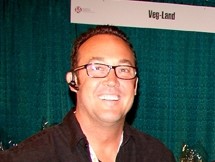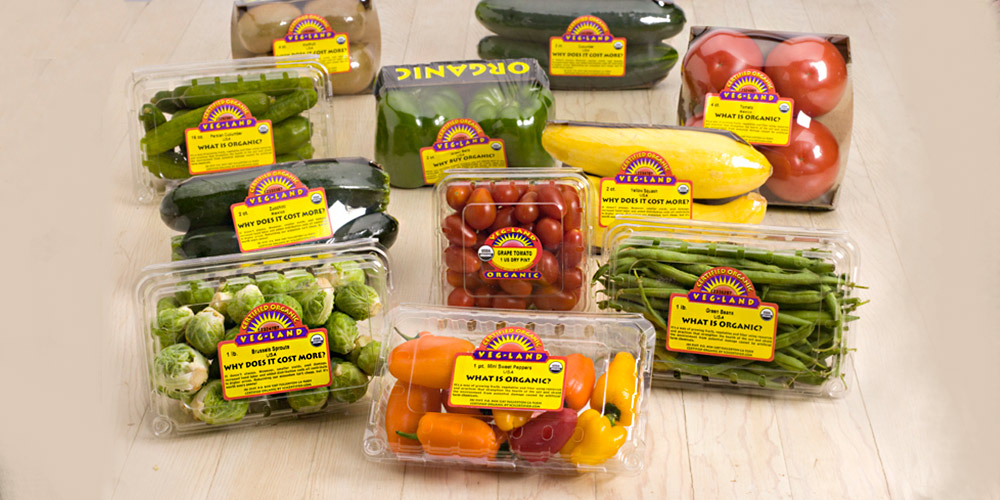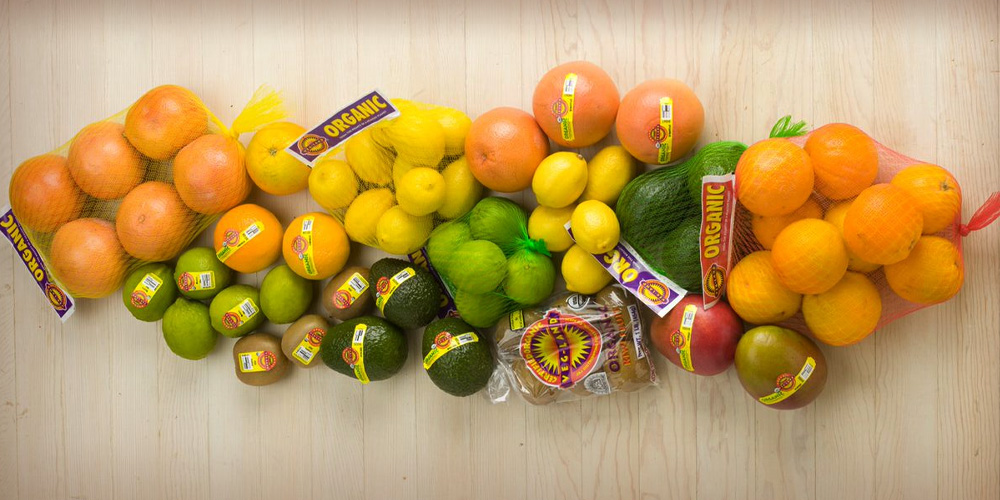OPN Connect: What’s the history of organic at Veg-Land?
RG: “Veg-Land was founded in 1976 by Jim and John Matiasevich. It started out primarily as a consolidation and cross dock service for a local retailer. In 1980, JBJ was born as the sales company under Veg-Land with a focus on supplying conventional produce to local retailers. A few years later, in 1983, we launched a full line organic program with a focus on packaged product clearly identified for retail.
The organic movement was just starting to really develop momentum at retail and most of the organic growers back then were small farmers that didn’t have the infrastructure to properly label and market their product for retail. We saw an opportunity where we could help the grower market their product and meet the increasing demand for organics at retail. We packaged everything from apples to zucchini and everything in between so retailers could have a proper ring through at the register. Organic produce has been our focus for over 35 years, and we continue to see strong growth each year”
 Rob Gurney, Veg-Land
Rob Gurney, Veg-Land
OPN Connect: How has the organic program changed over the years at JBJ?
RG: “We started out packaging everything for retail. Over the years as the quality and supply of organics continued to improve, we experienced a shift in demand from packaged organics to more of a bulk approach to merchandising at retail. Today we’re starting to see a shift back to more packaging as well as smaller pack sizes to combat the shrink factor.”
OPN Connect: You have a strong network of growers producing organic items throughout the years. How has that grown and changed over the years?
RG: “We have a good core group of growers that share our passion for putting up a top-quality box of organic produce. While we still work with some of the same small growers that helped develop the organic movement, we’re always adding new growers every season. Having a consistent year-round supply is important to us and is critical to fulfilling the needs of our customers.”

OPN Connect: What changes and buying trends are you experiencing now?
RG: “Over for years the industry has struggled to find a home for off-grade, number two product. Today we are seeing a big up-swing in demand for processing grade product. With that increased demand, in most cases we’re able to sell the entire crop and give a better return back to our growers.”
OPN Connect: What are the biggest challenges we face as an industry?
RG: “Labor and overproduction are probably the two biggest challenges we face. As more conventional growers transition large acreage into organic, we’re seeing an overproduction of product which often leads to organic pricing to be lower than conventional pricing. Although this might help boost organic sales, it hurts the smaller organic farmer. The labor issue is the most constant problem affecting everyone. The H-2A program is helping, but the labor cost continues to increase. We’re seeing the labor situation impact some of our smaller growers the hardest.”

OPN Connect: What does your crystal ball tell you about the future of organic fresh produce?
RG “In ten years, I think over 30 percent produce in the supermarket will be organic and I think we will continue to see an emphasis on packaged and convenience items. It’s encouraging to see that the youth today are more health conscious and supportive of organics, but we need to continue tell our story and not lose sight of the philosophy that founded the movement.”






